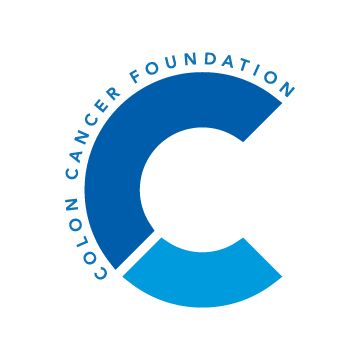
Toolkit Aims to Address Barriers in Detection of Early-Onset Colorectal Cancer

The National Colorectal Cancer Roundtable has created a special toolkit to help physicians successfully determine and evaluate family history to detect colorectal cancer at an earlier age.
A physician-based toolkit may help to address the current barriers the health care industry faces in determining family history to detect early age onset colorectal cancer (CRC), according to a special symposium presentation held in New York City on April 26.
In a presentation at the fourth annual Early Age Onset Colorectal Cancer Summit (EAO-CRC), hosted by the Colon Cancer Foundation, the National Colorectal Cancer Roundtable (NCCRT) offered a variety of updates from its family history early age onset task group.
In particular, Emily Edelman, MS, CGC, from the Jackson Laboratory, gave a first look at the NCCRT’s Risk Assessment and Screening Toolkit, designed to detect familial, hereditary and early onset CRC.
Current Barriers
Among individuals who do have a family history of CRC, less than 50 percent actually received appropriate screening, meanwhile, less than 40 percent even talked to a clinician about said family history. Even worse, among those who present with rectal bleeding, less than 40 percent have insufficient family history information that is accurately documented to complete the evaluation, Edelman said.
These barriers to clinical integration of family history of CRC are typically attributed to lack of knowledge or skills; ethical, legal and social implications; complex systems; and limited evidence.
“A family history solution for primary care should address known barriers,” Edelman said. She added this can be done if physicians are provided education provided to build skills and point of care tools to help.
These simple tools could translate evidence-based guidelines on family history collection and risk assessment — which would identify opportunities to leverage electronic health records (EHR) and tools, and it would also offer a collaboration between genetic and cancer specialists.
“Overall, challenges to family history for all cancers still remain,” said Shelly Yu, MPH, from the American Cancer Society Cancer Action Network (ACS-CAN). “Commonly cited challenges related to family history in the HER include incomplete family histories, lack of advanced functionalities and lack of integration.
She added that future opportunities to address these barriers lie within regulatory healthy reform and technological advancements.
Toolkit Steps
Overall, the NCCRT developed the toolkit in order to identify patients at increased or high risk based on personal family history; apply screening guidelines based on risk; refer high risk patients to genetic counselors; and recognize and rapidly diagnose patients with a presenting diagnosis.
In the first step, to establish a system for structured assessment, the toolkit recommends for physicians to assemble a team; assess current practices; determine goals; plan a workflow for collection, documentation, interpretation and management; select a tool to help structure data collection and interpretation; and create an evaluation plan.
“Develop a team-based approach to family history collection and interpretation,” said Edelman. “Use the HER and/or external tools to assist in family history collection and risk assessment. And standardize how and where family history data is recorded in the medical record to increase the usability of this information.”
However, Edelman noted that these tools chose among physicians are not a one-size-fits-all approach as there are over 26 different tools available to help determine family history.
In addition, she recommends for physicians to select a specific set of CRC guidelines for a patient, identify genetic and cancer specialists for them, identify patient support materials and evidence-based interventions that can increase CRC screening adherence, and evaluate the process and outcomes with the patient.
In the second step, to assess risks, the toolkit recommends for physicians to collect and document family history; identify genetic red flags and alarm signs and symptom risks; and stratify risk based on clinical data. “This should be done by risk category: average, increased (moderate or familial) and high (hereditary),” added Edelman.
In the third step, in order for physicians to communicate risk status, the toolkit calls for them to tailor risk communication to the needs of the specific individual.
“Develop personalized plans for cancer screening, surveillance, prevention and genetic referral,” said Edelman. “Recommend colonoscopy for increased risk individuals and communicate risk levels and management recommendations.”
Lastly, to manage the patient, the toolkit recommends for physicians to apply screening guidelines; refer high risk patients to genetic services for further evaluation, counseling and testing; and evaluate symptomatic individuals for CRC.
“Recommend patients share risk information with relatives,” added Edelman. “And evaluate patients with alarm signs and symptoms for CRC.”
At the end of the day, the patients have homework, too.
“Talk to family members with cancer,” Edelman said. “Learn more about you’re their cancer history, and be aware that testing may be recommended for affected relatives first.”




